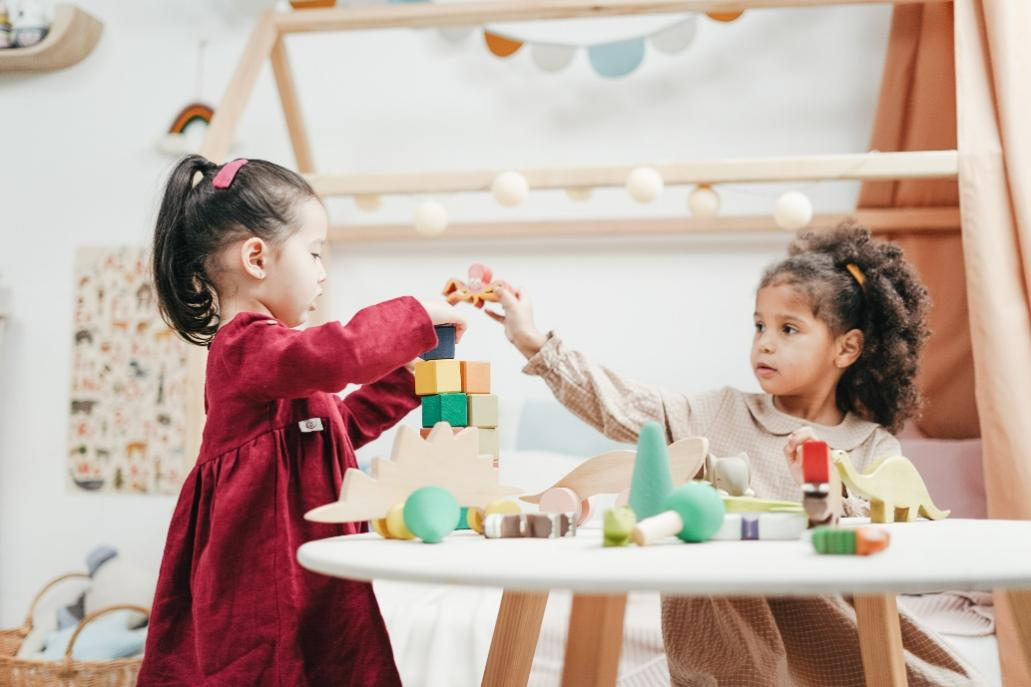Most adults nowadays have only hazy memories of what their childhood looked like, especially the early grades in school. Therefore, when parents watch their little ones march off to join the education system, a very natural question arises in their minds: What should a first grader know?
For this query, education experts have a solid answer. If kindergarten is considered to be transitioning away from play-based learning, the first grade should be about stepping entirely into the world of academics. As per the National Association for the Education of Young Children, the optimum goal of first graders is all about the mastery of skills across social, emotional, cognitive, physical, and language domains. All these skills are the key for a first grader to feel confident in school life.
Learning in the first grade should not be about stress and anxiety. Instead, teachers should find the best ways to make learning engaging. Moreover, the first graders should achieve a series of milestones as decided by the federal and state learning standards by the year ends. If you as a parent worry about what a first grader should know before stepping into school, read on to learn everything.
A Comprehensive List Of Everything A First Grader Should Know
1. Reading in First Grade
The classroom experience for students depends largely on where they live. Some students might attend public schools while others attend private schools, and everything from the setting to the infrastructure might vary. However, regardless of this, education experts say that every first-grade student will be able to learn at least 150 high-frequency words by the year ending. Moreover, they should be able to read their grade-level books fluently and will also understand them.
First graders typically end the school year as independent readers with enhanced reading comprehension skills and accurate phonics. They are also aware of basic grammar skills like punctuation and capitalization. By the end of first grade, a student should be able to:
- Read with accuracy and greater fluency.
- Retell a story and compare and describe the events and characters of various stories.
- Distinguish between a narrative and nonfiction text.
2. Math In First Grade
Math is a subject that students often have a love-hate relationship with. Math in first grade is the foundation stage of such liking. By the ending of the school year, a first-grade student will be able to learn to read, write and count sequence numbers up to 100. They will also be able to learn to compare numbers using symbols of less than, greater than, and equal. Learning these in the initial stages will eliminate the need to use a reflection calculator in future grades.
As first graders, they will also be able to add and subtract small numbers since they are familiar with the idea of place value and can add or subtract up to two-digit numbers. Moreover, they also learn about measurements and basic geometry. For example, they can also compare the length, volume, and weight of objects and can use small tools such as pencils or paper clips to measure length. Here are the basic Math Exam Help to improve skills a first grader must know.
- Count at least up to 100 from any starting point.
- Interpret and represent simple data.
- Recognize and compose simple shapes and objects and partition a shape into equal quarters and halves.
3. Writing In First Grade
First-grade students can generally spell a three or four-letter word and can write in clear, sensible sentences. A first-grade student can form short paragraphs with three to four sentences or more by the end of the school year. Moreover, they can also write essential short stories. Additionally, they also learn handwriting skills. To know how to improve writing skills read My Assignment Help Reviews
. This includes how to write their names, basic words, form initial sentence structures, etc. these are the following writing skills a first-grade student must master.
- Write a range of sentences, including informative texts, opinion pieces, and narrative texts.
- Structure their writing as per the requirement of the assignment and write complete sentences with capitalization and correct punctuation.
- Be able to spell several high-frequency words accurately.
4. Social Studies And Science
When your child is in first grade, they also learn the basic fundamentals of science. This includes collecting data, recording observations, and sorting information through pictures, graphs, and writing. They are also taught to distinguish between living and non-living things and the solar system. They also learn about the essential symbols representing essential events in history. By the end of the first grade, they will have a better understanding of:
- Weather patterns and the natural cycle of the ocean tides and moon.
- The importance of the sun and Earth and the life cycle of plants and all living things.
- The characteristics of living things and animals and the properties of gases and solids.
5. Social Skills In First Grade
Other than academic skills, a first-grade student must also learn social skills. By the end of the year, these students grow both socially and emotionally. A first-grade student’s social and emotional skills are an exciting mix of independence and an increased need for approval and attention. By this time, they are well aware of friendships and can understand that there are some things beyond their control. Unfortunately, this often makes them a little anxious.
However, they are also aware of reality by this time and can discriminate between fiction, fantasy, and facts. By this time, it is common for the first graders to:
- Tackle tasks with better concentration and increased concentration.
- Seek approval and validation from adults and peers and feel intimidated to make friends regularly.
- Starts to understand and respect different points of view and becomes increasingly aware of other people’s feelings.
Parting Thoughts
Are you worried about whether your first grader has the skills required to be ready for school? Well, look at the skills mentioned above to get a rough idea about the social and academic skills your kids must acquire to be ready for first grade. If your child is not proficient in all of these, don’t worry, as all of these can be gradually taught, and not every child is alike when it comes to hitting developmental and cognitive benchmarks.
Author’s Bio
Denny Martin is a professional academic writer at one of the most reliable websites, essay.reviews. He has years of expertise in creating highly engaging essays, assignments, research papers, thesis, case studies, and other academic papers for students.


